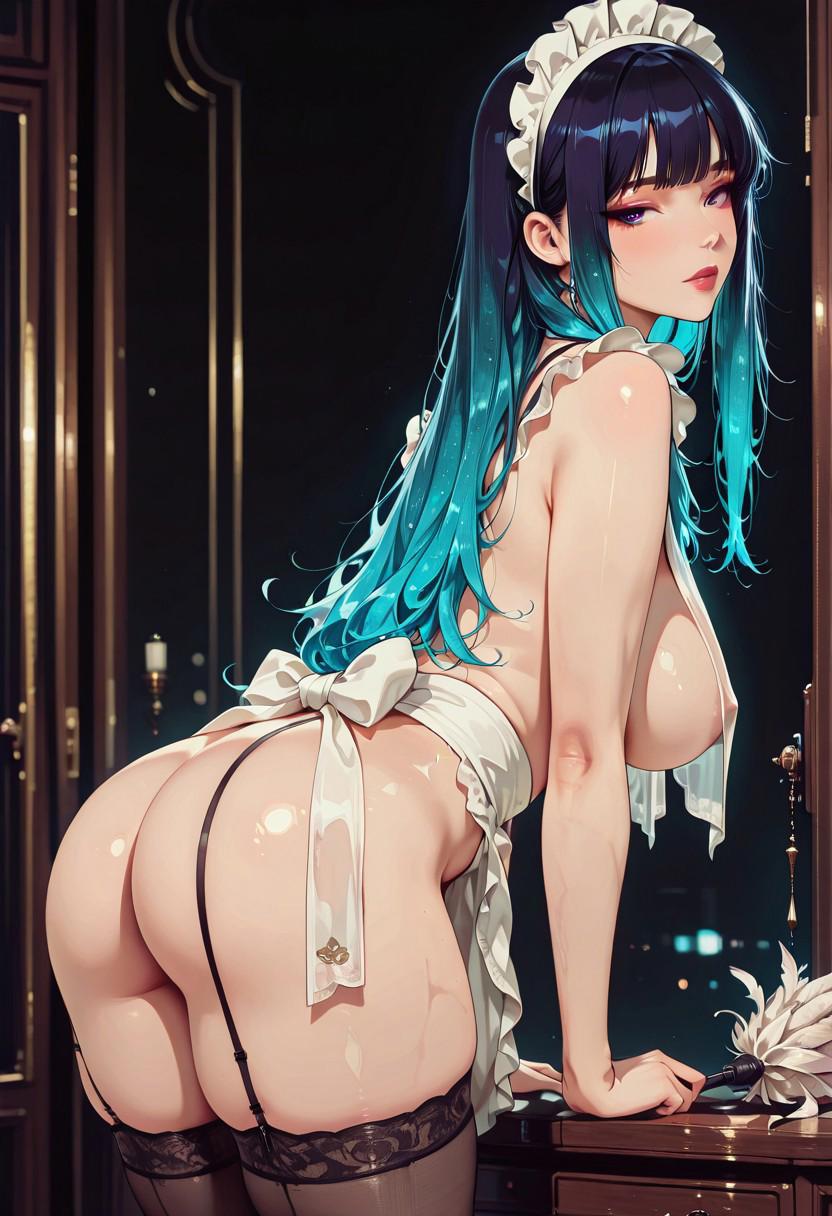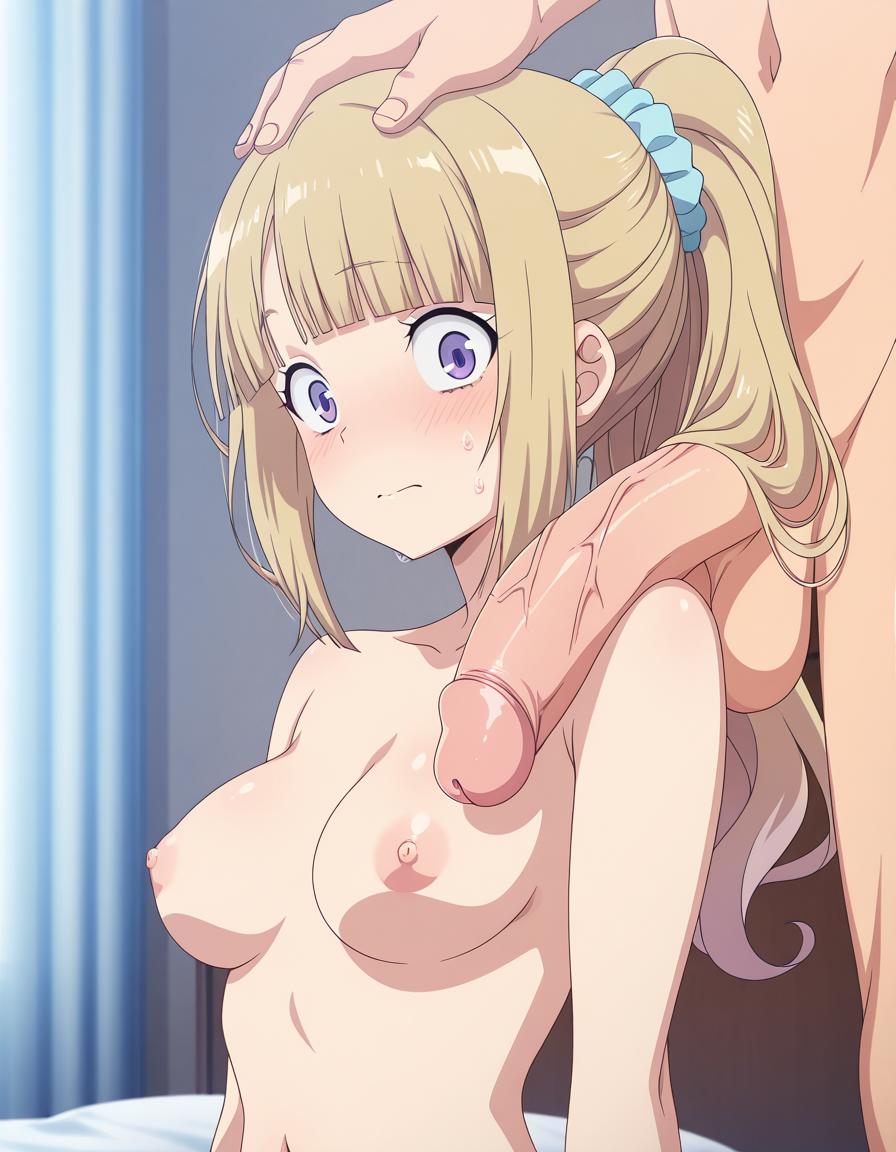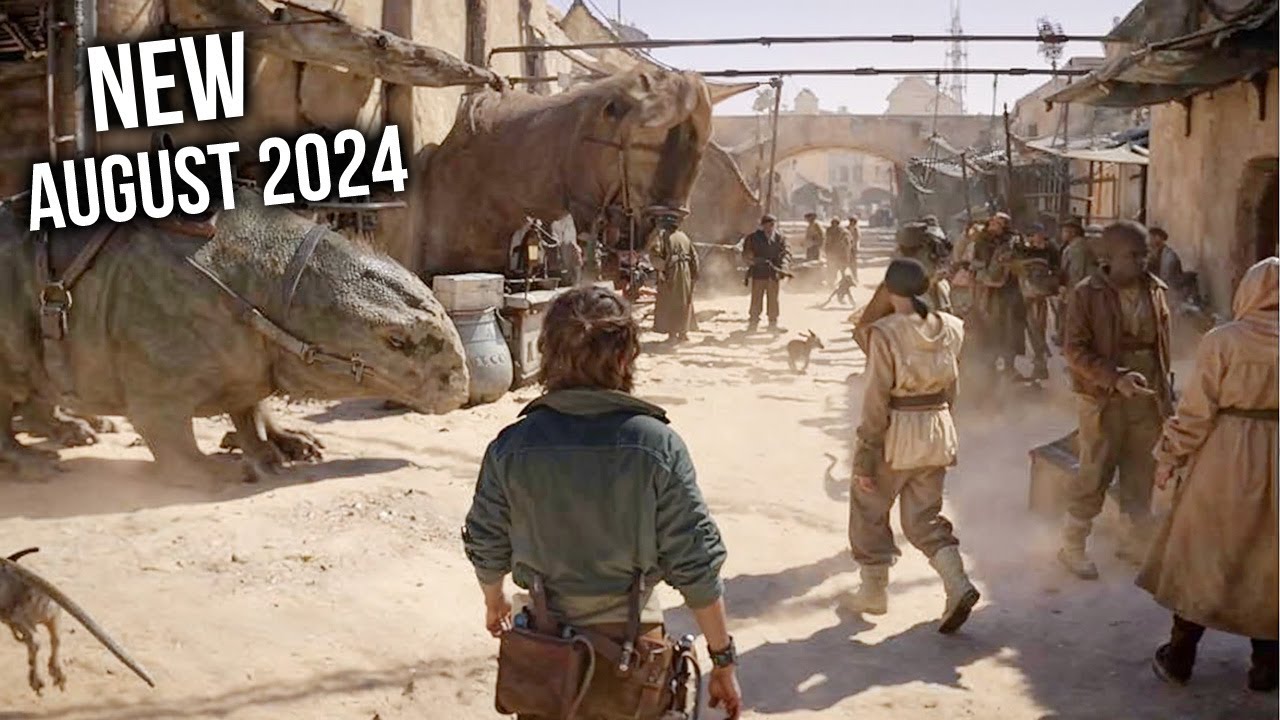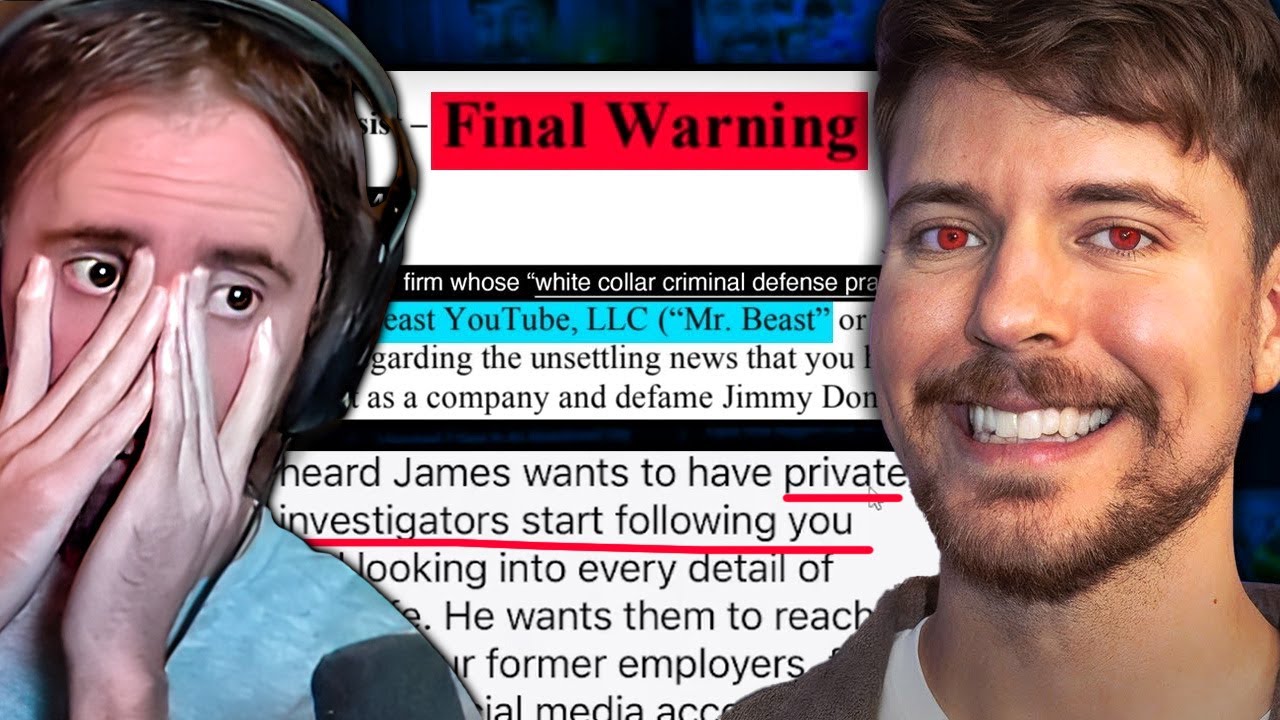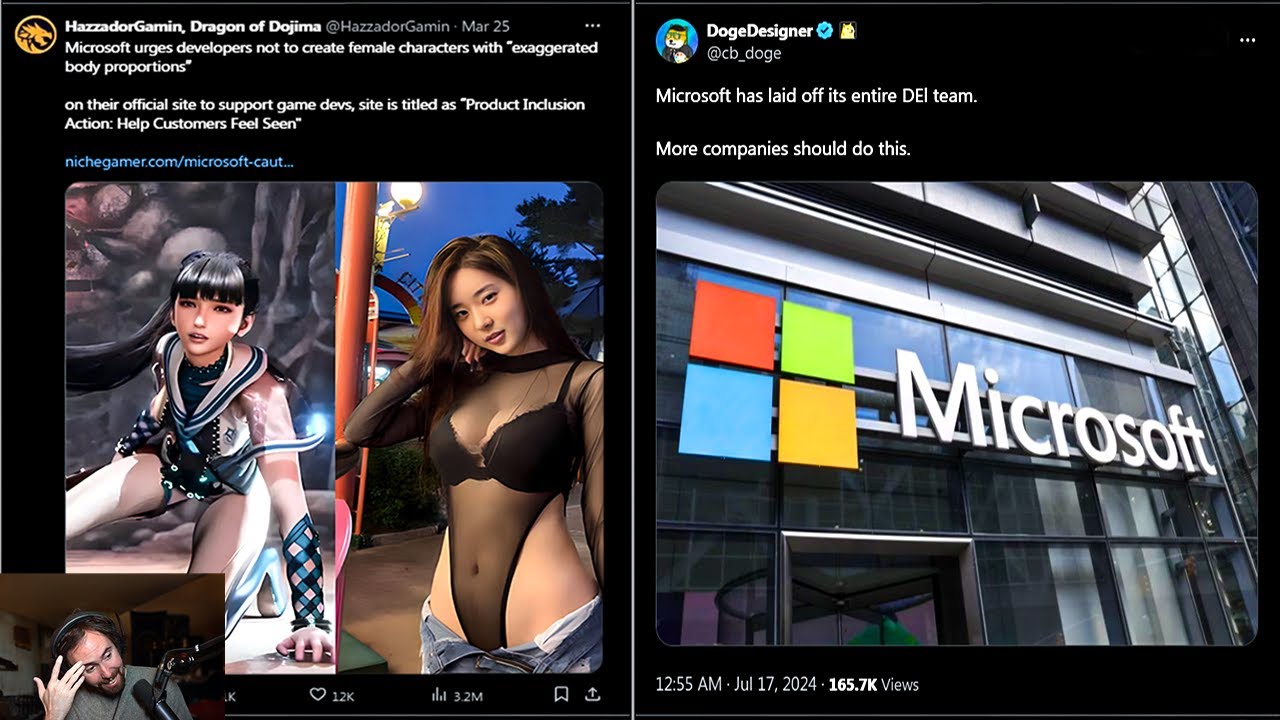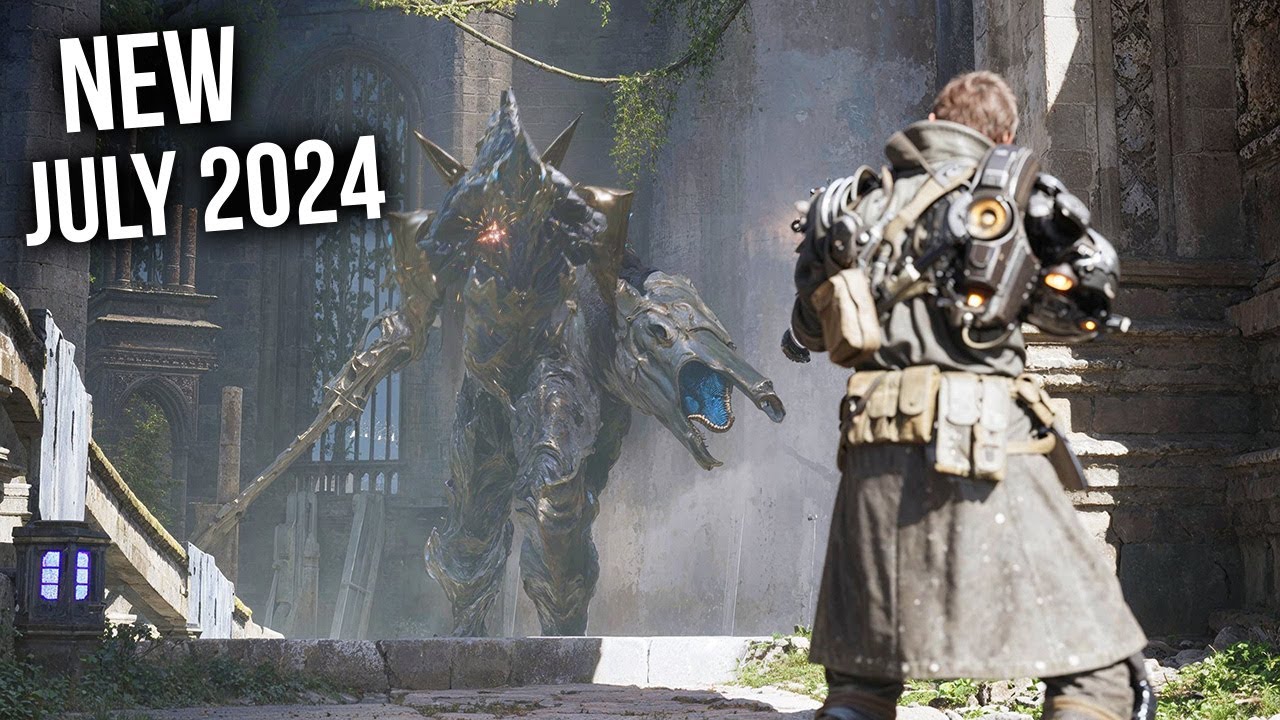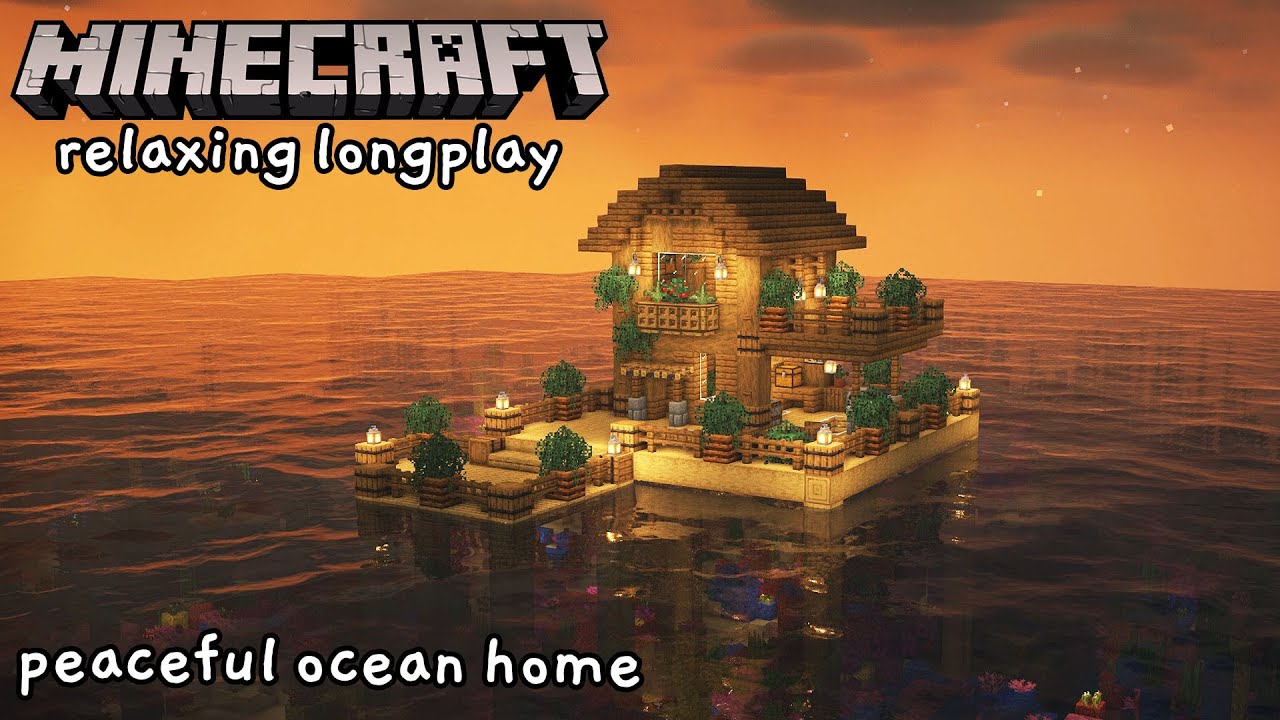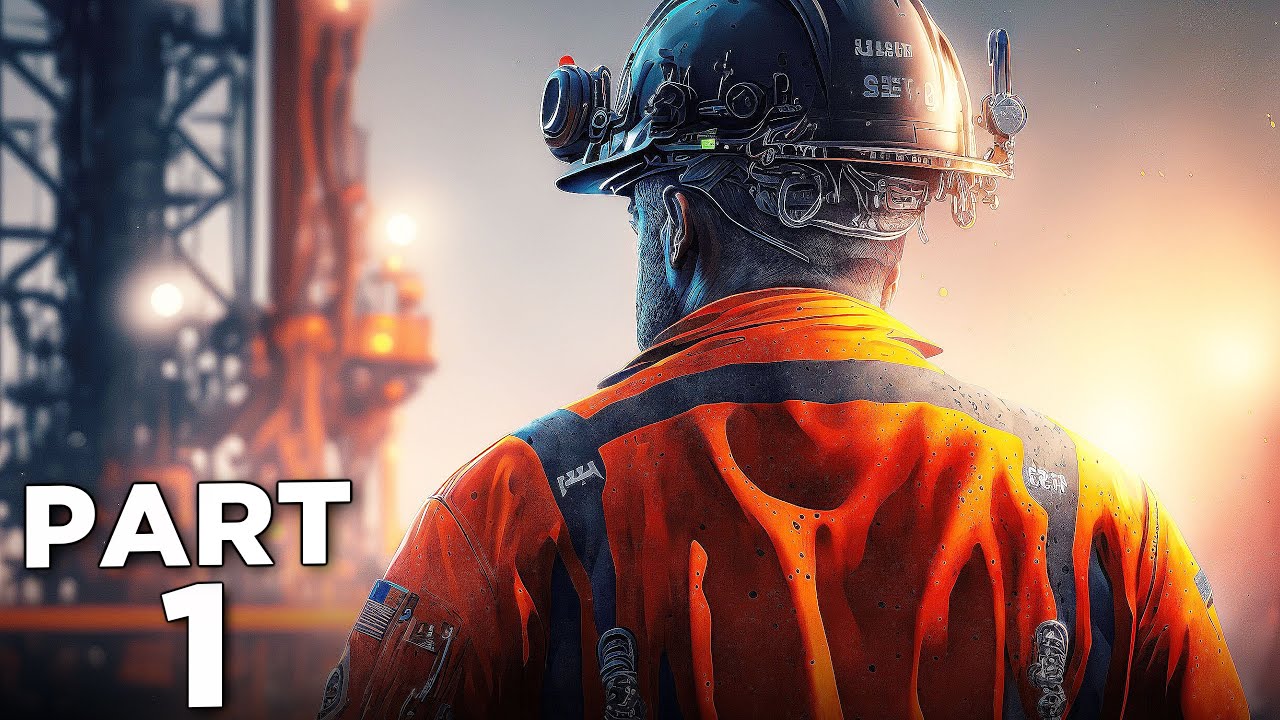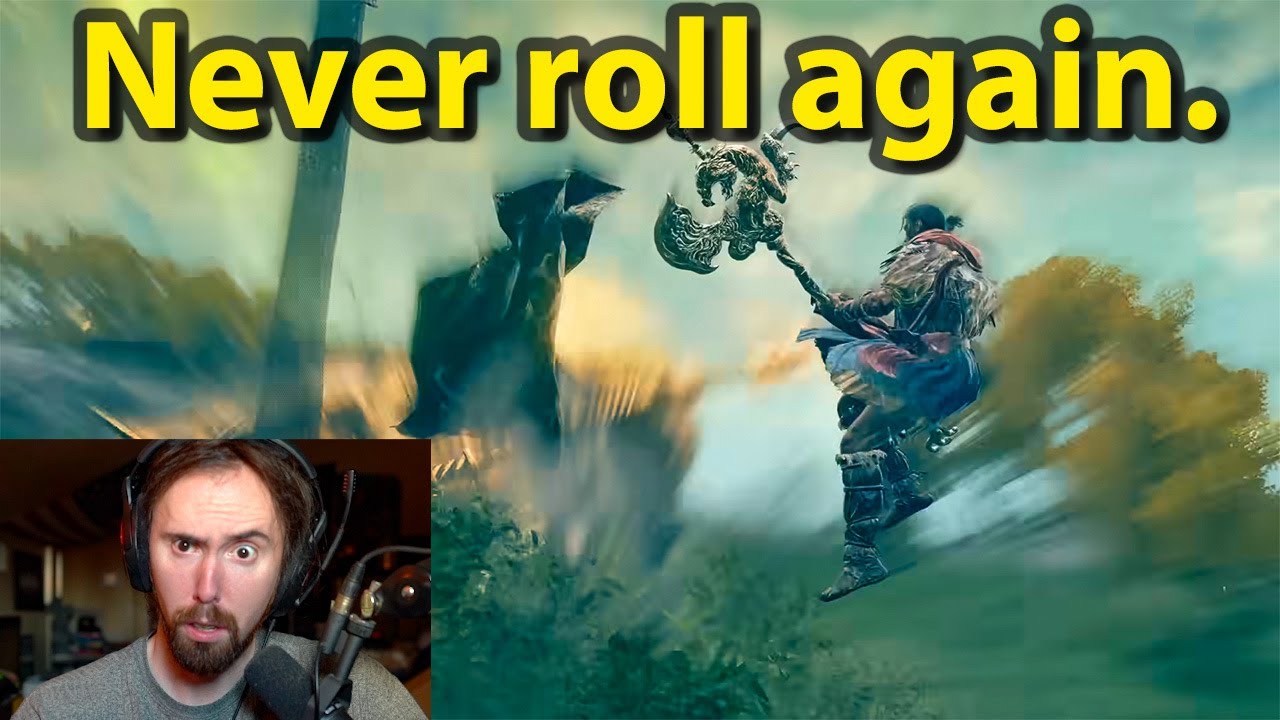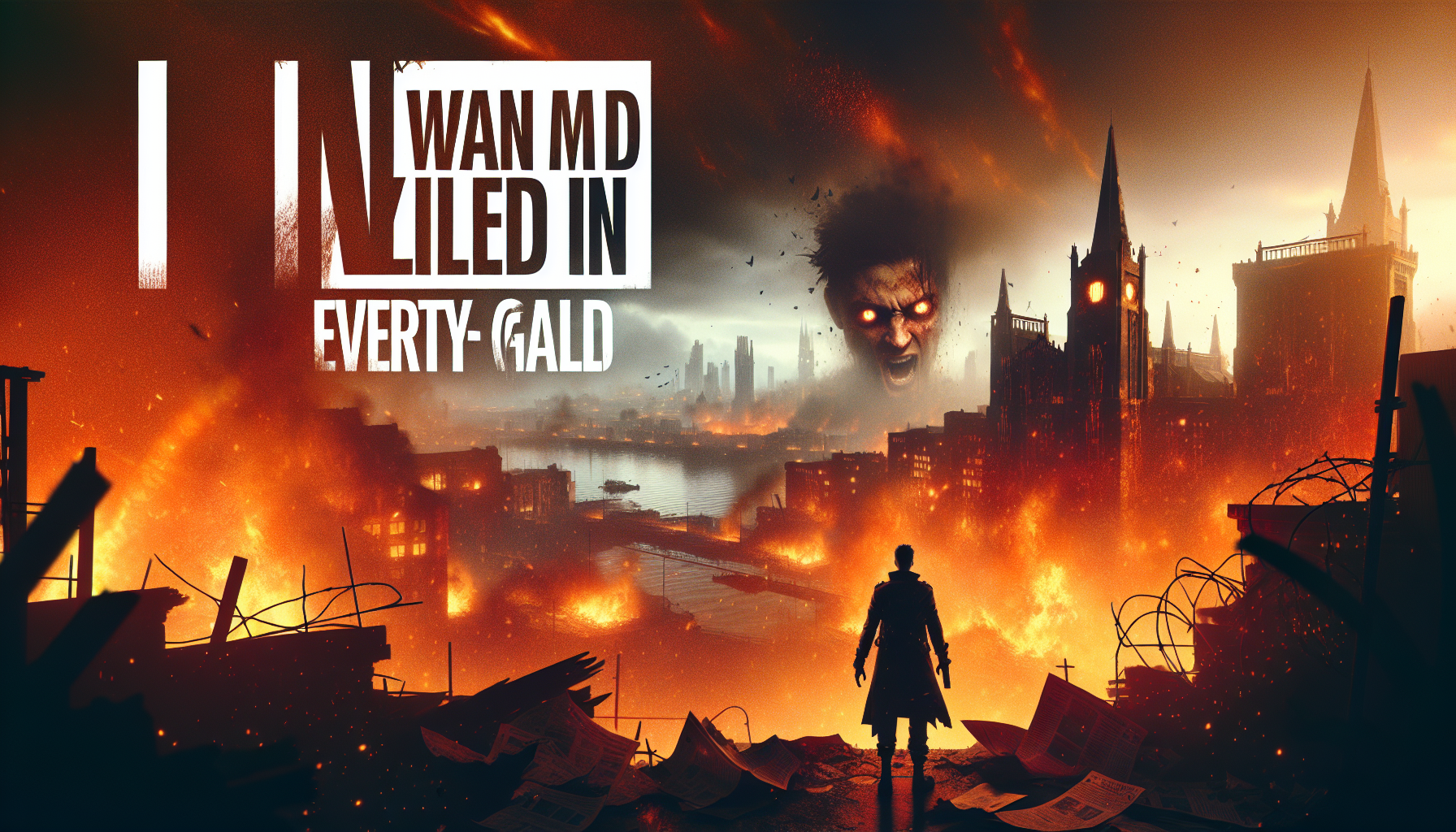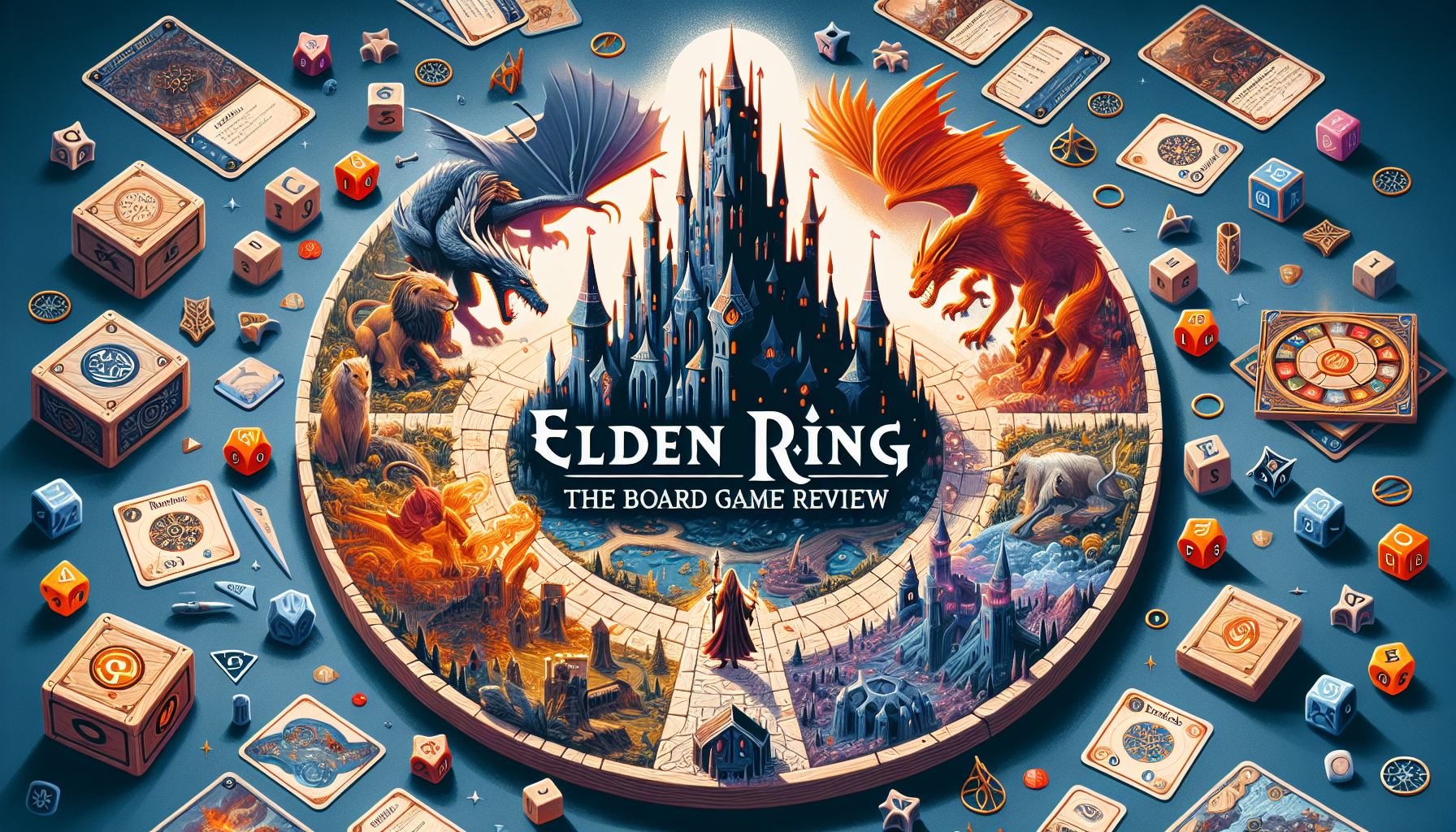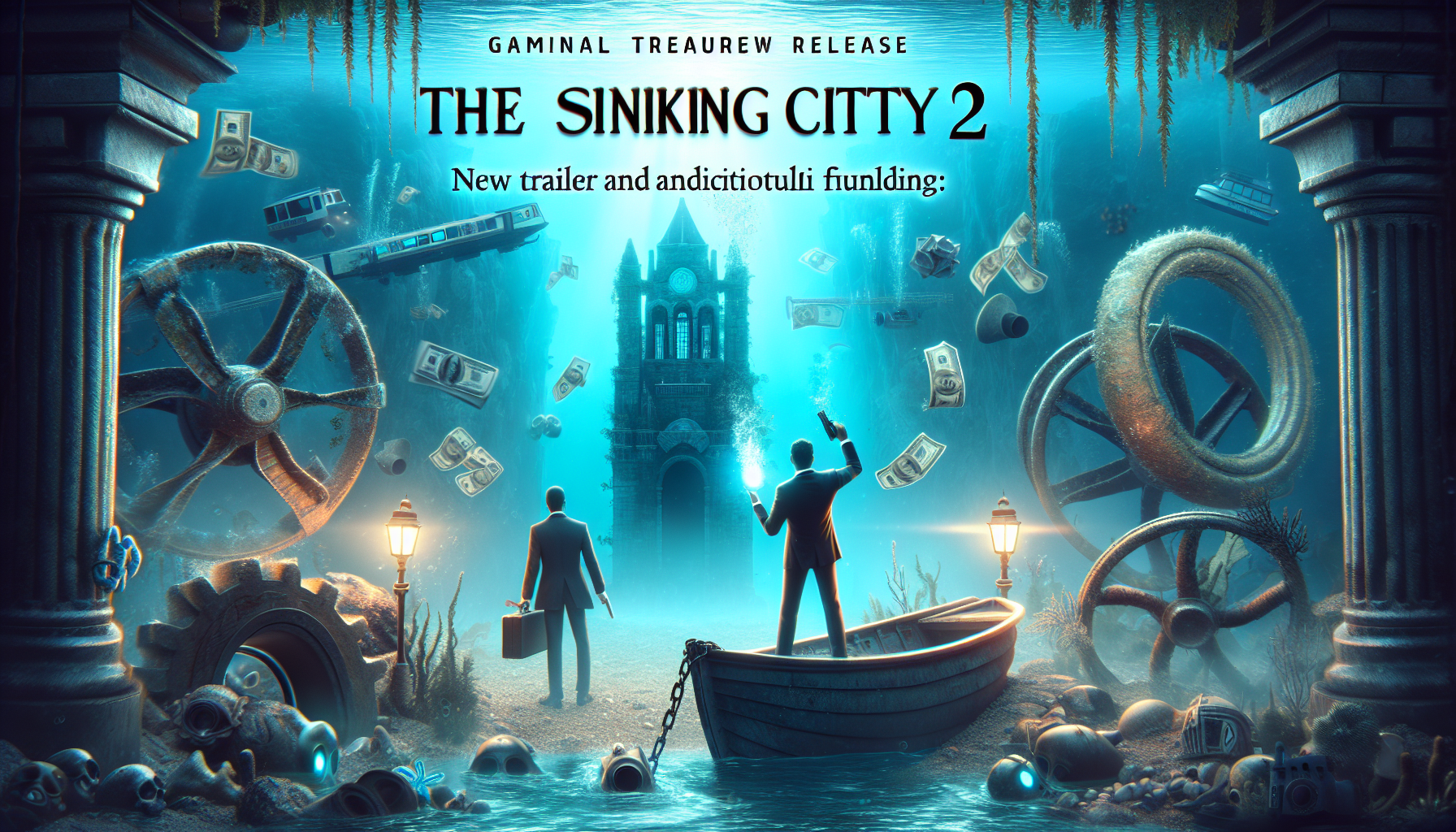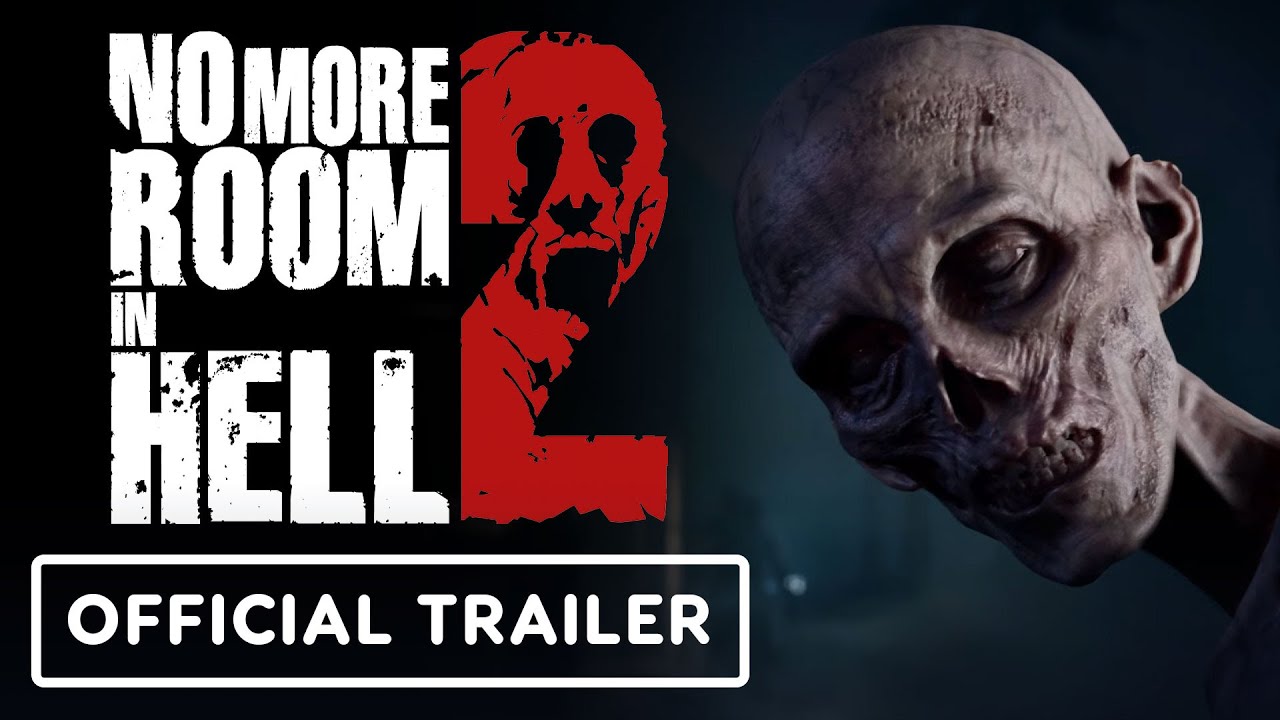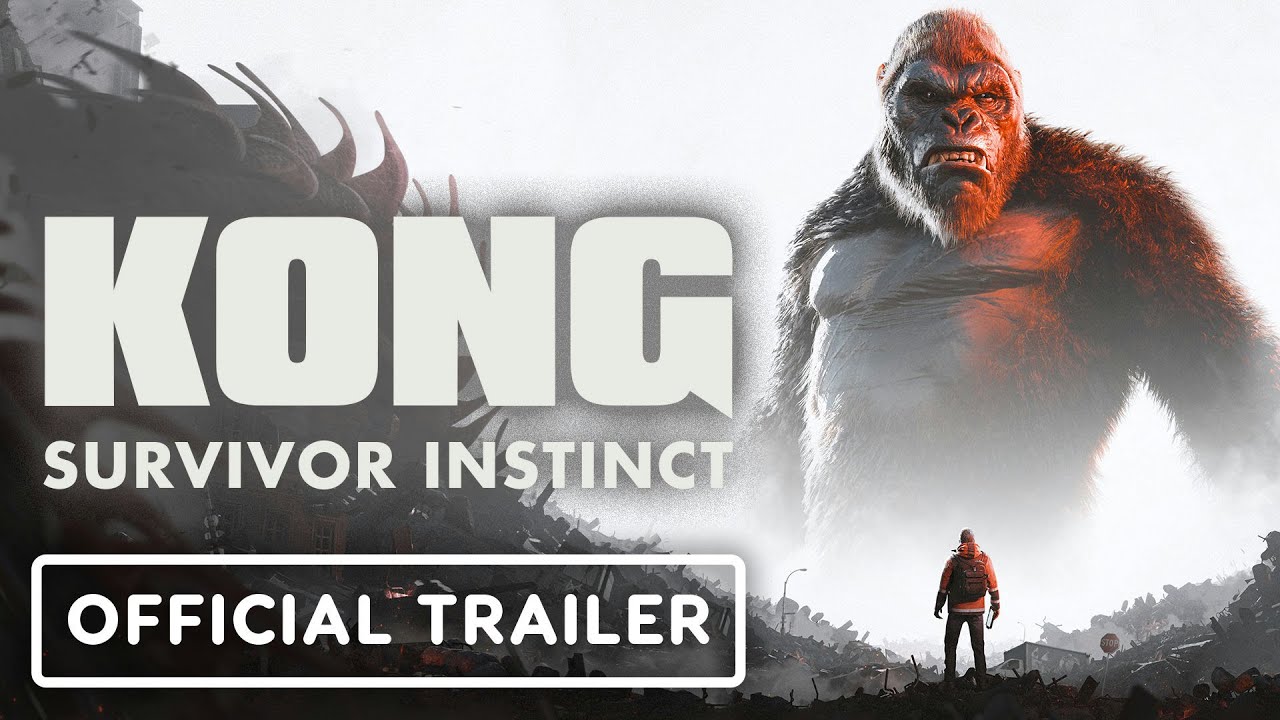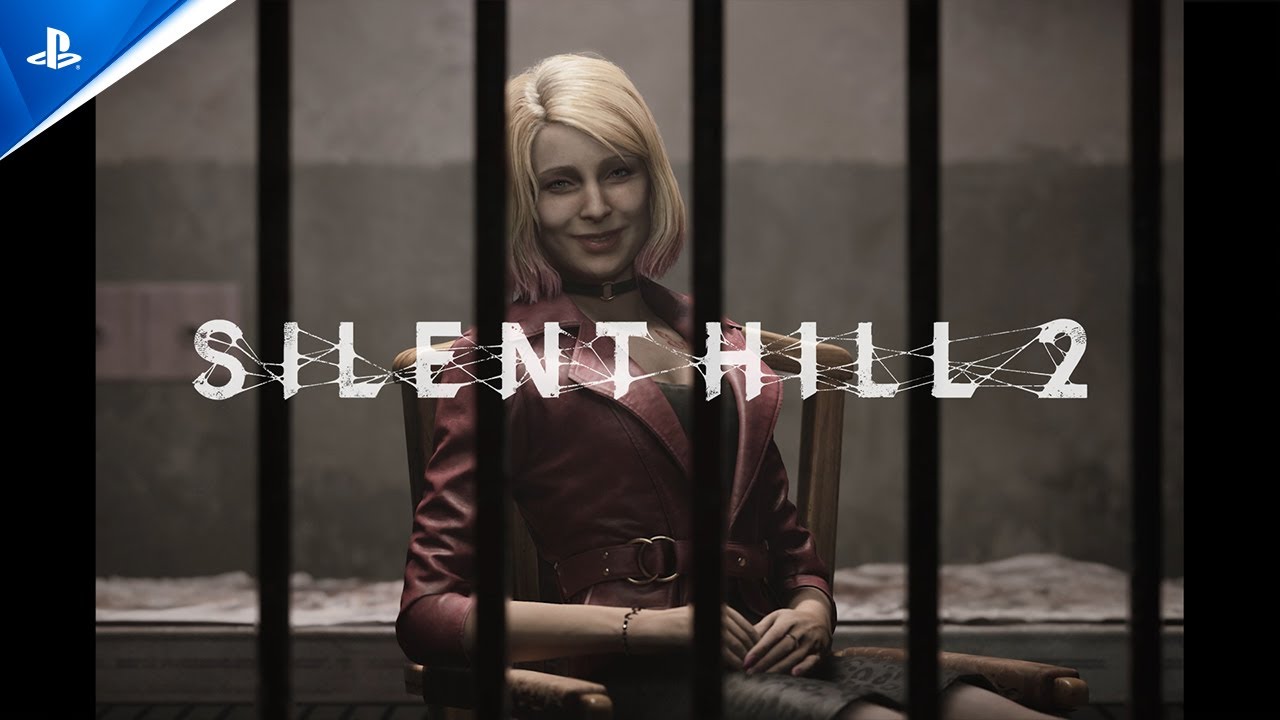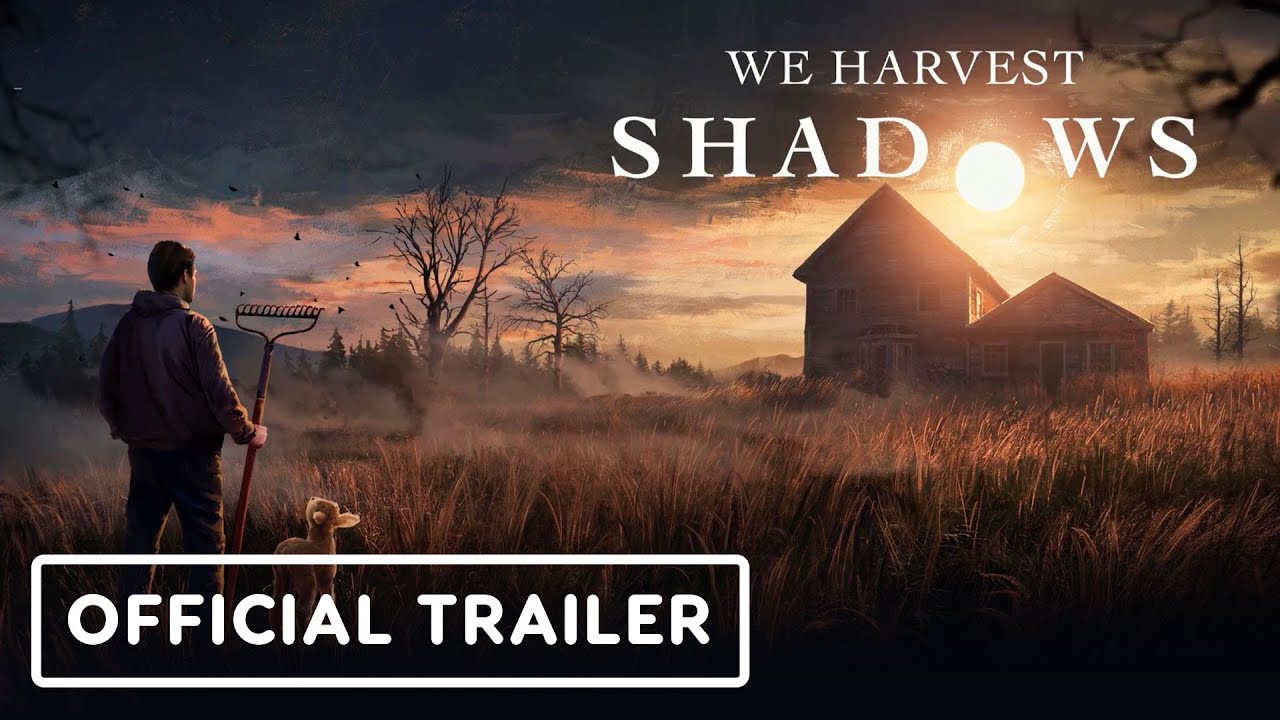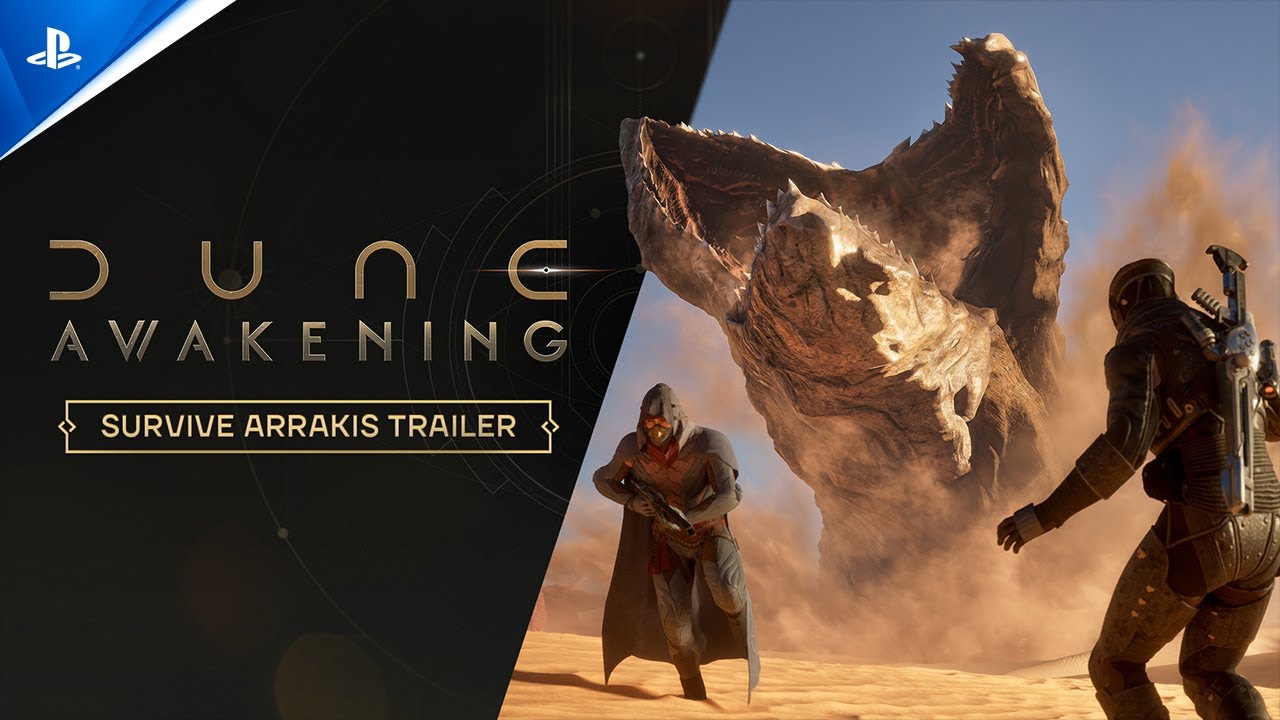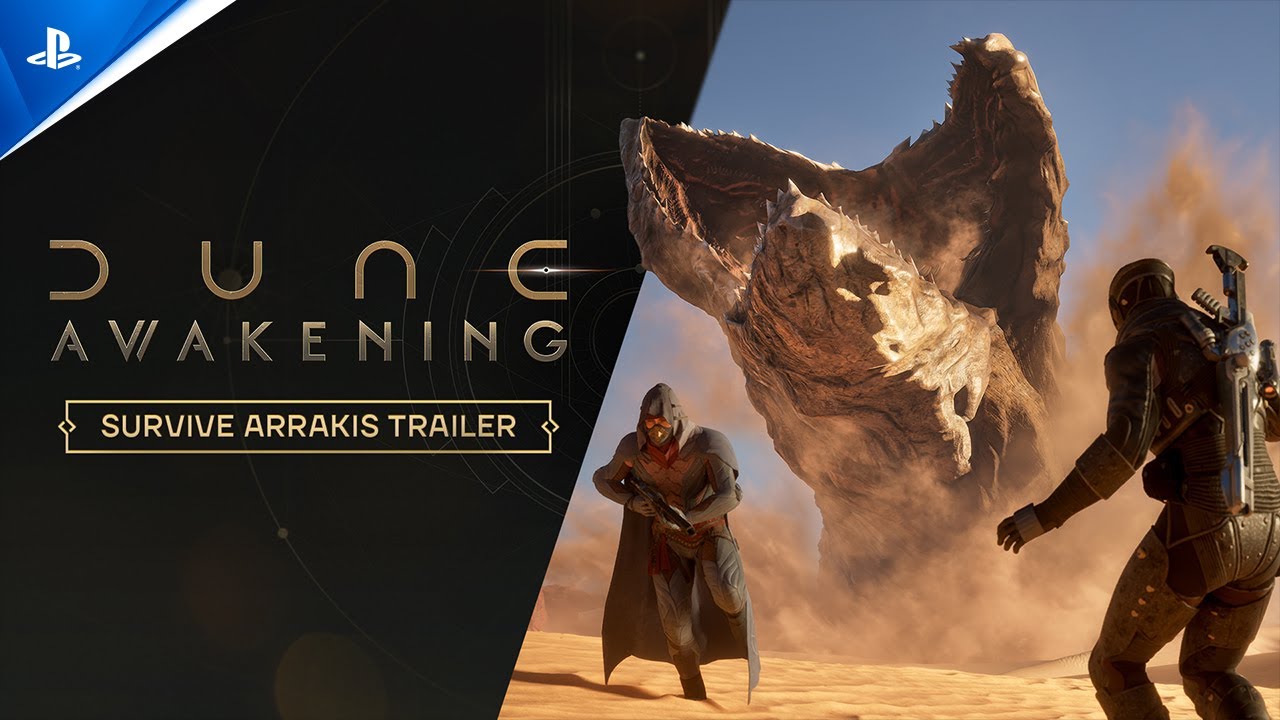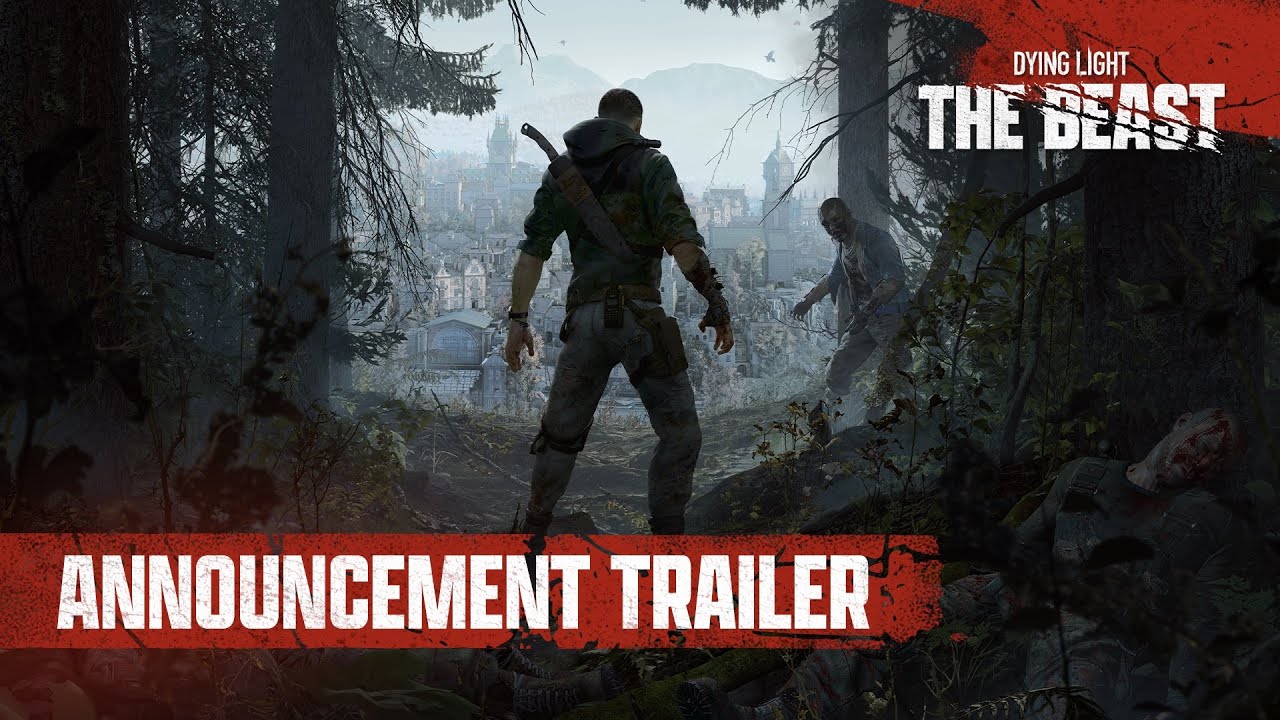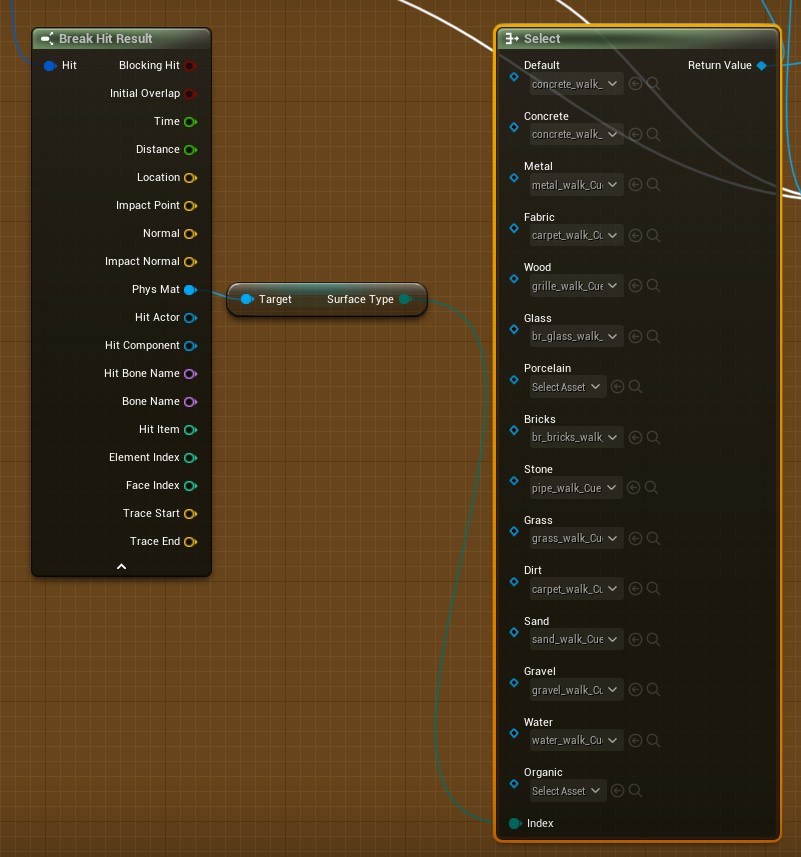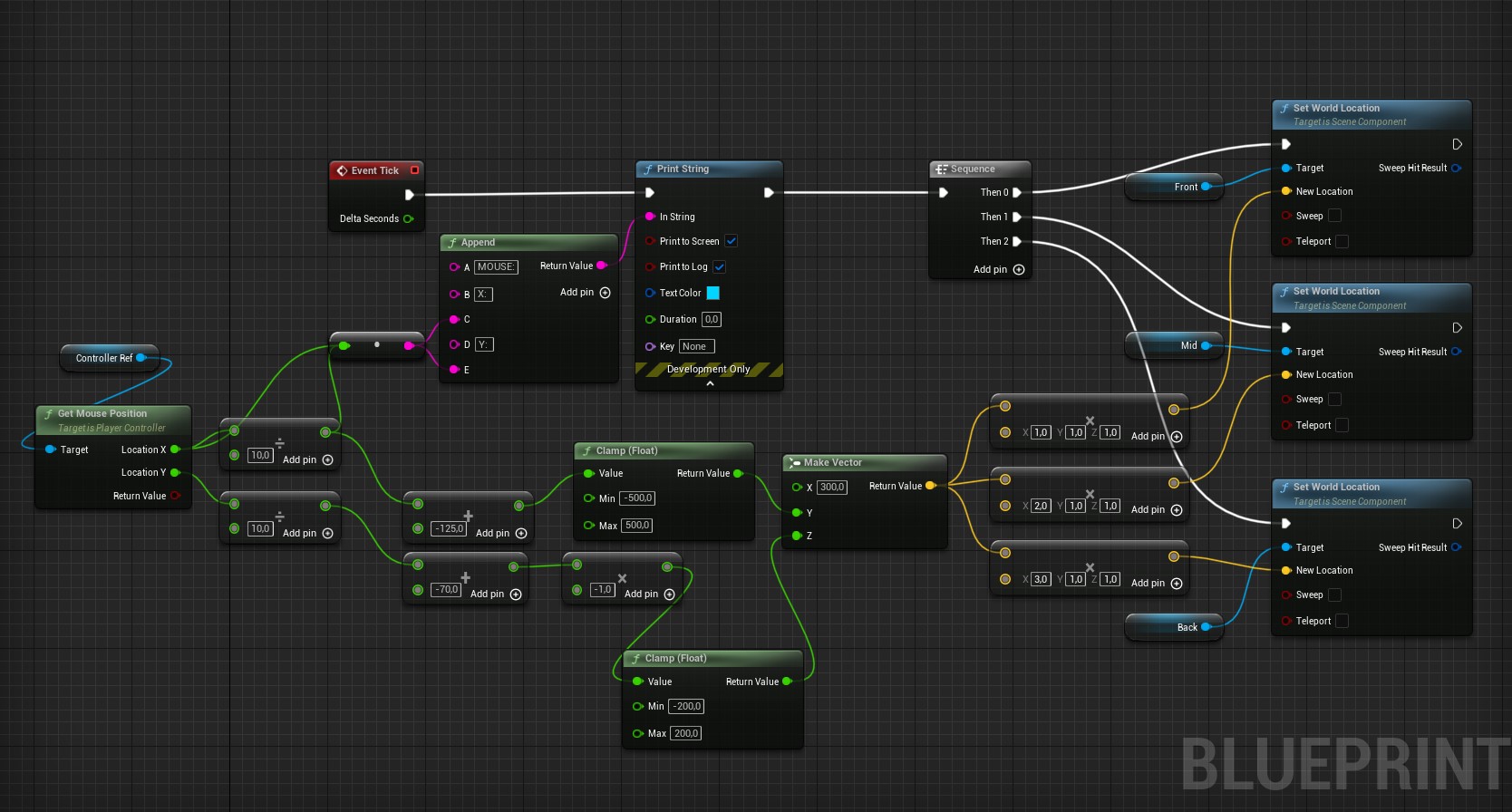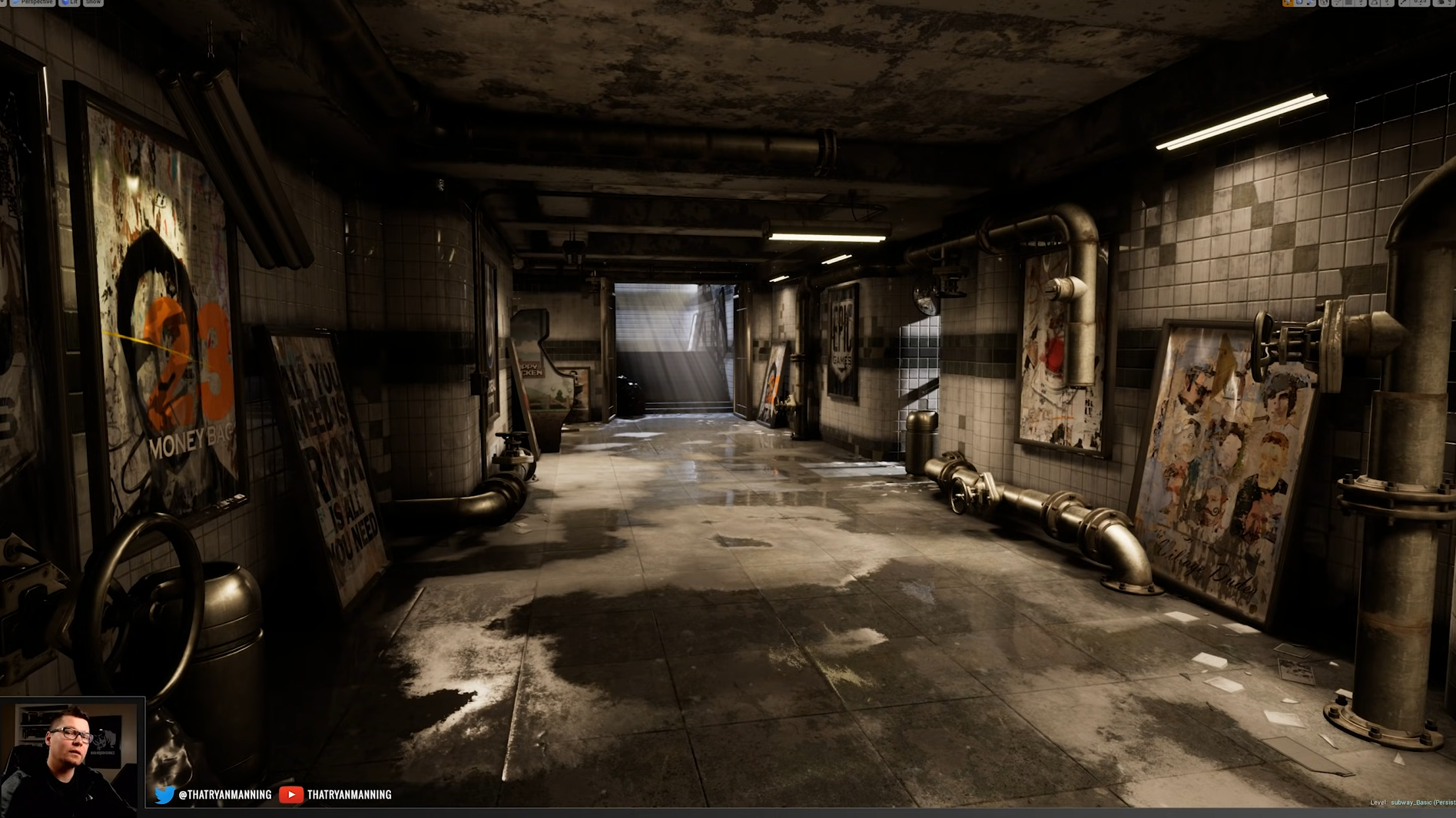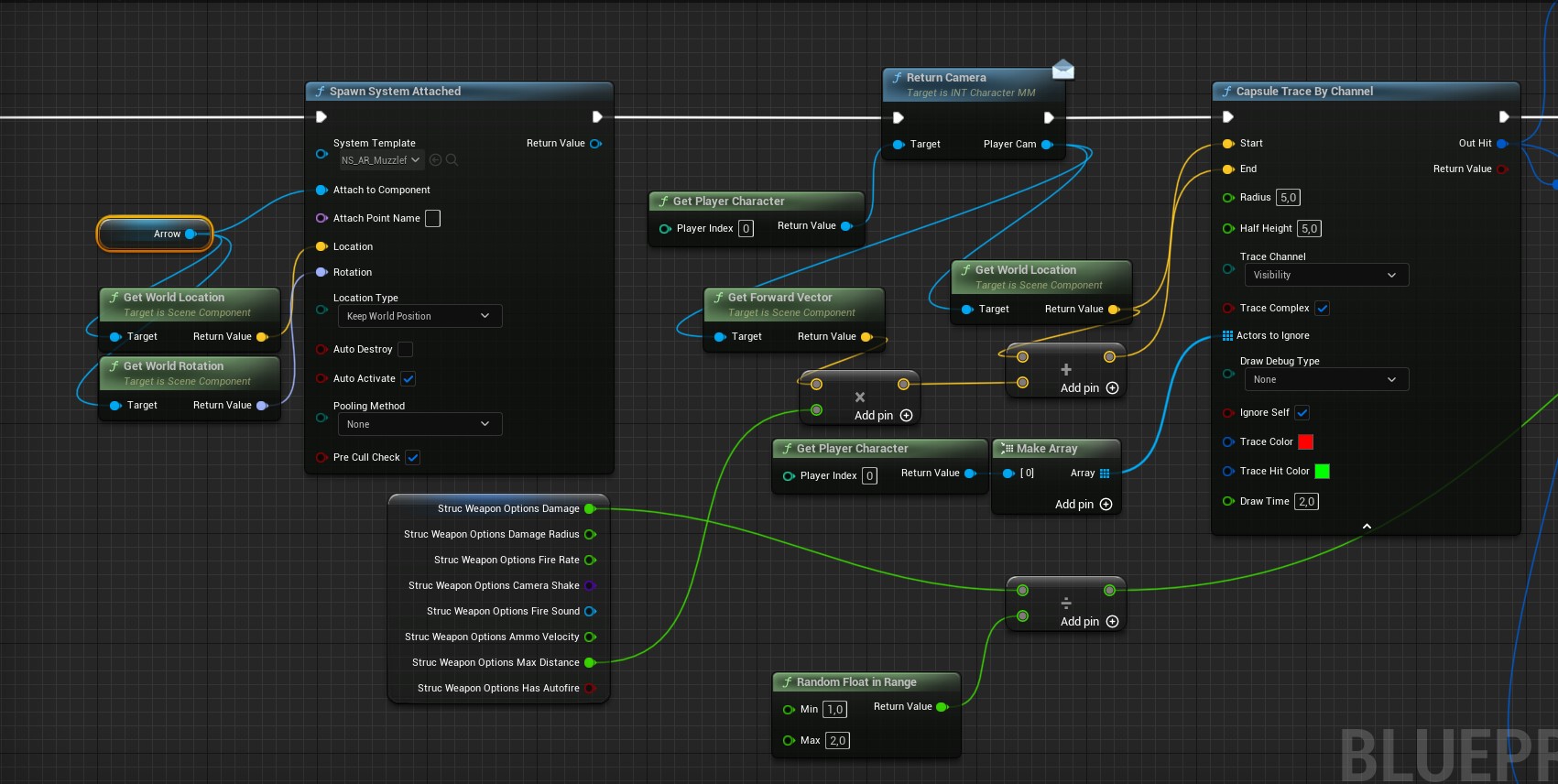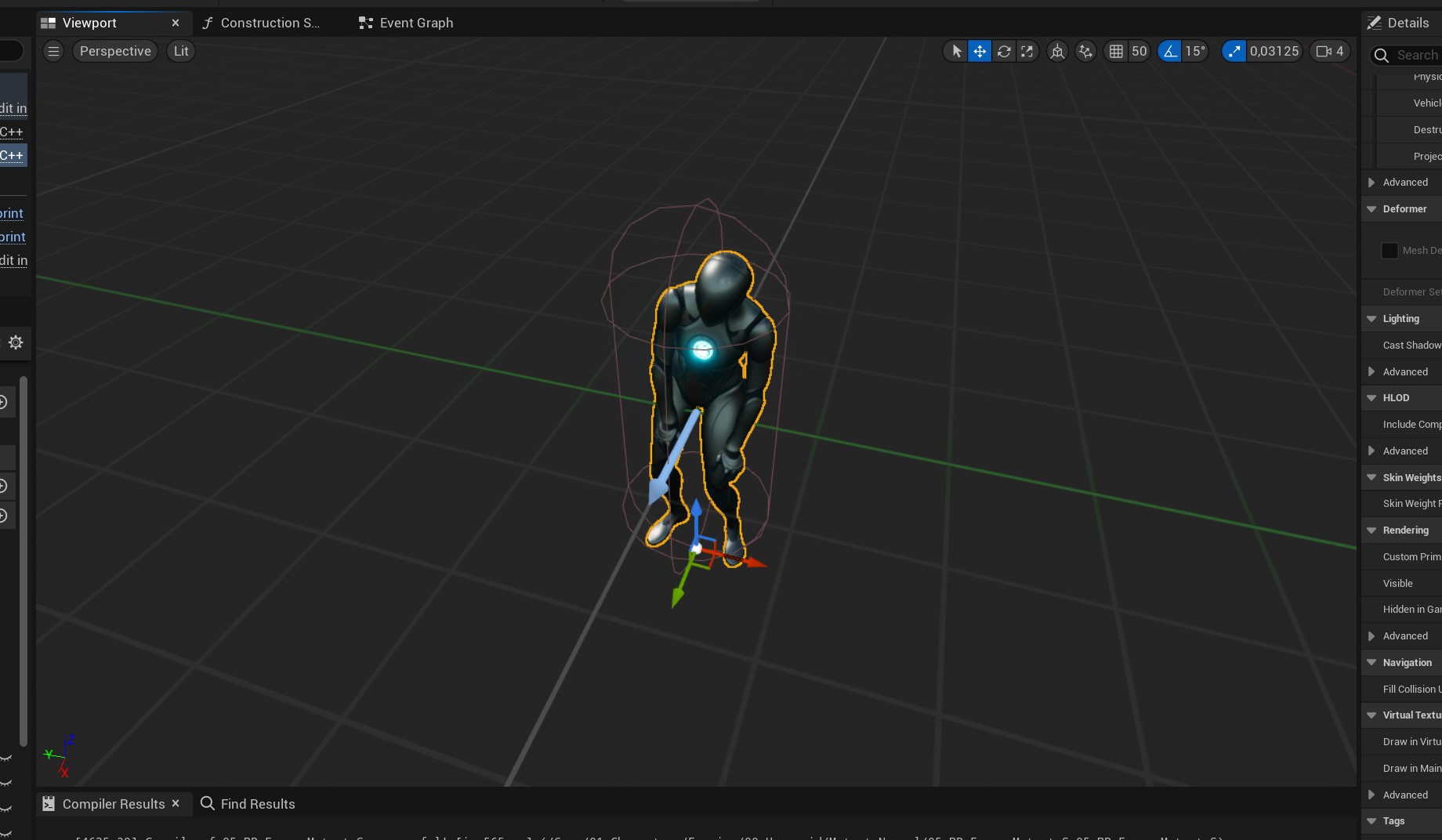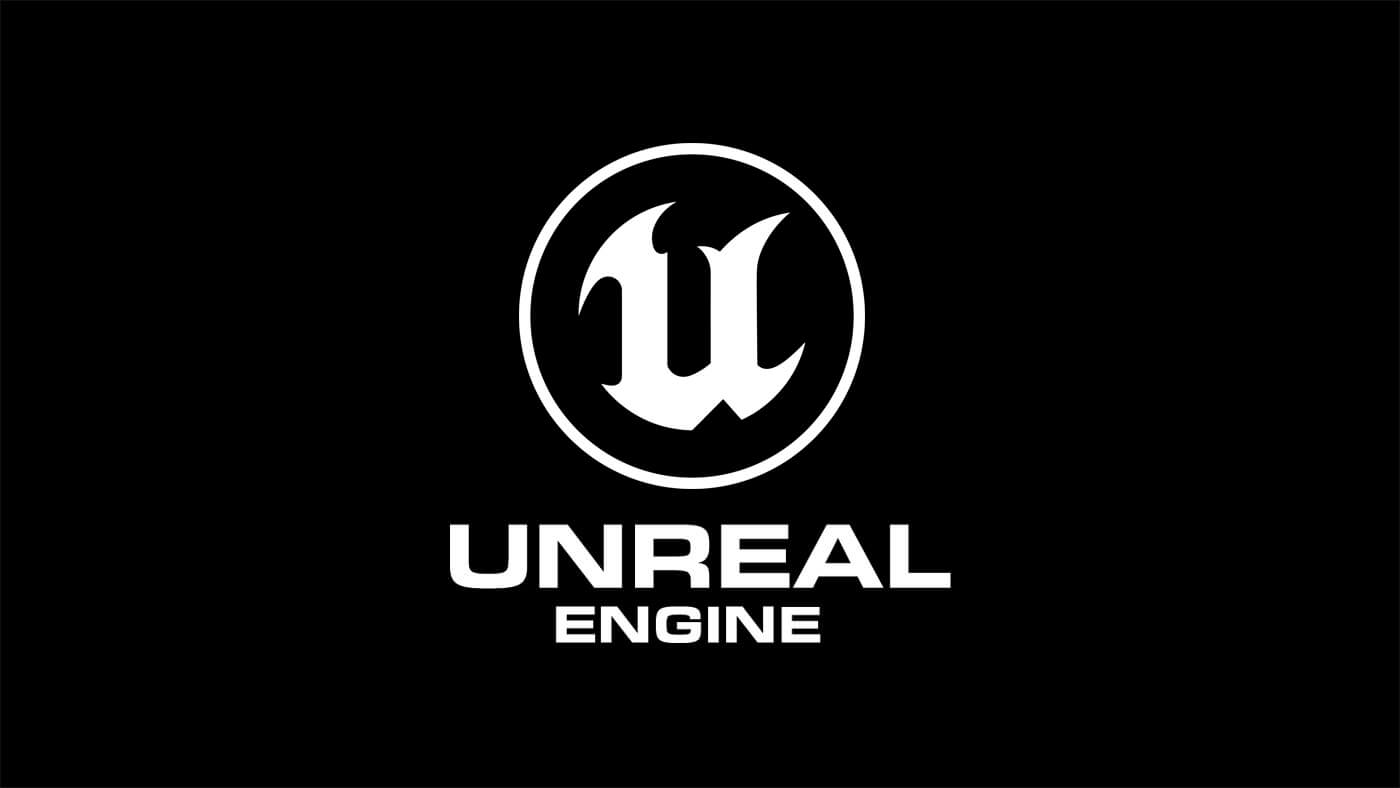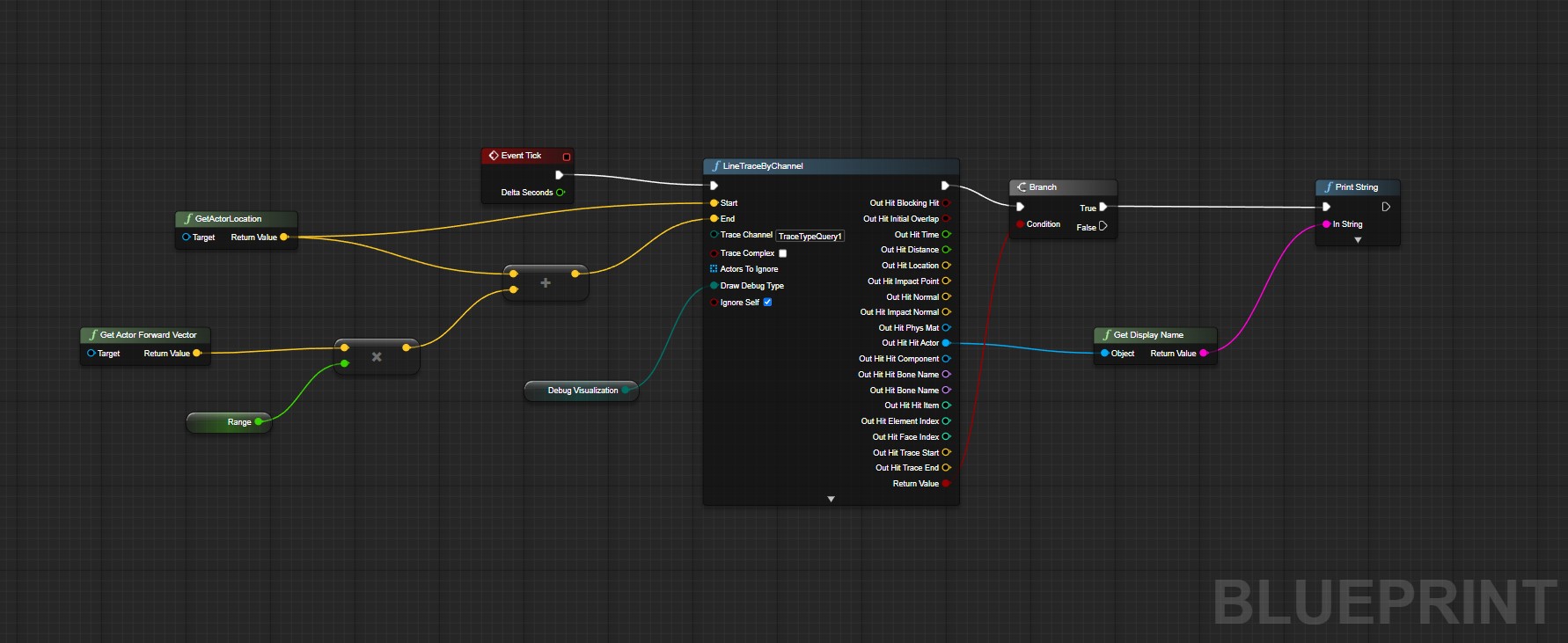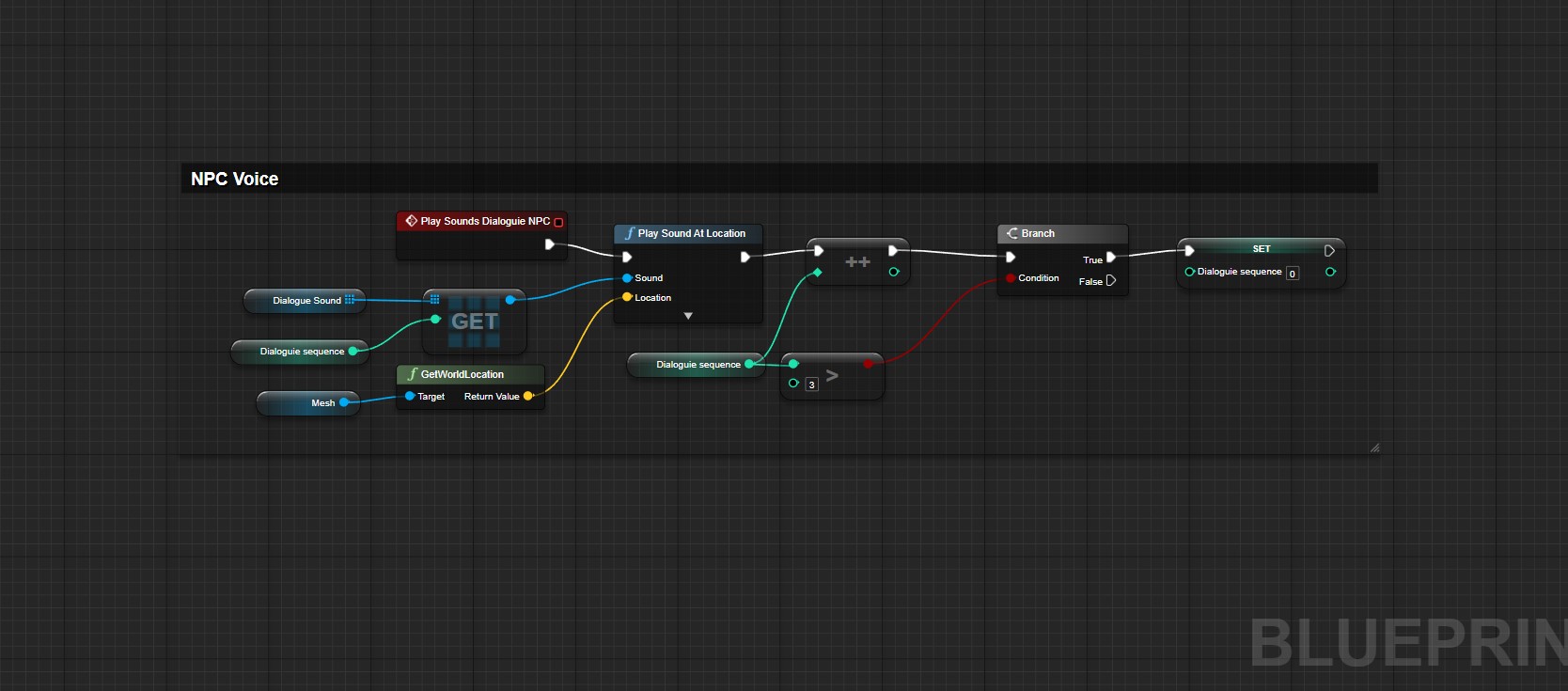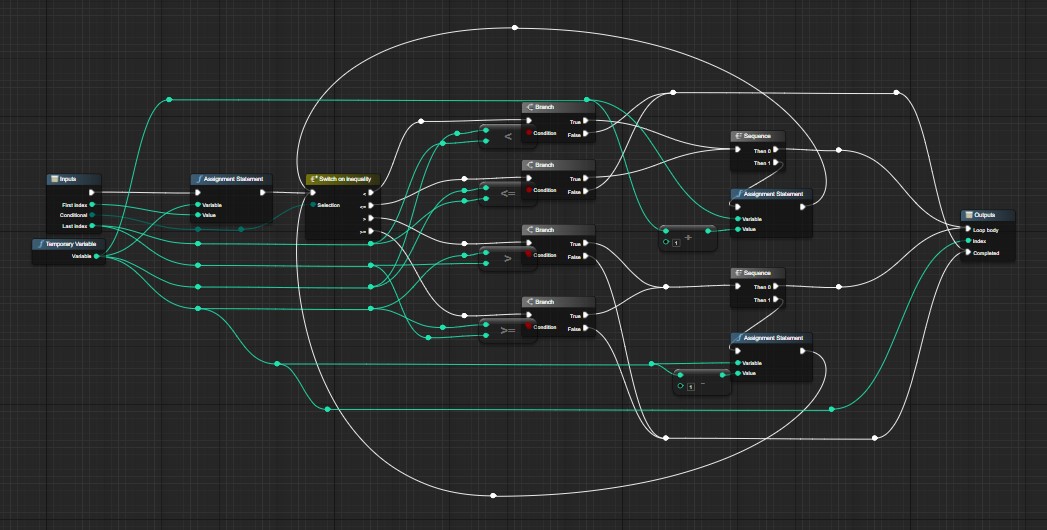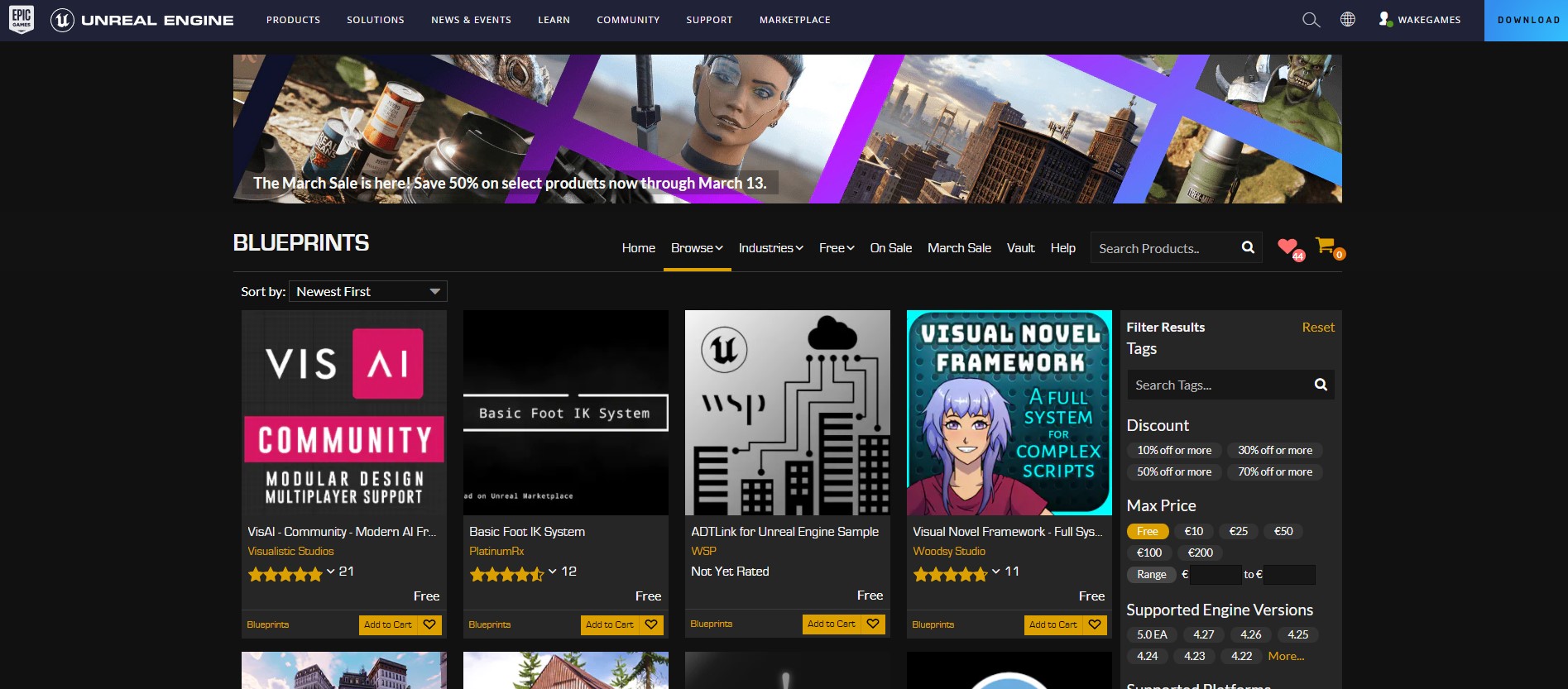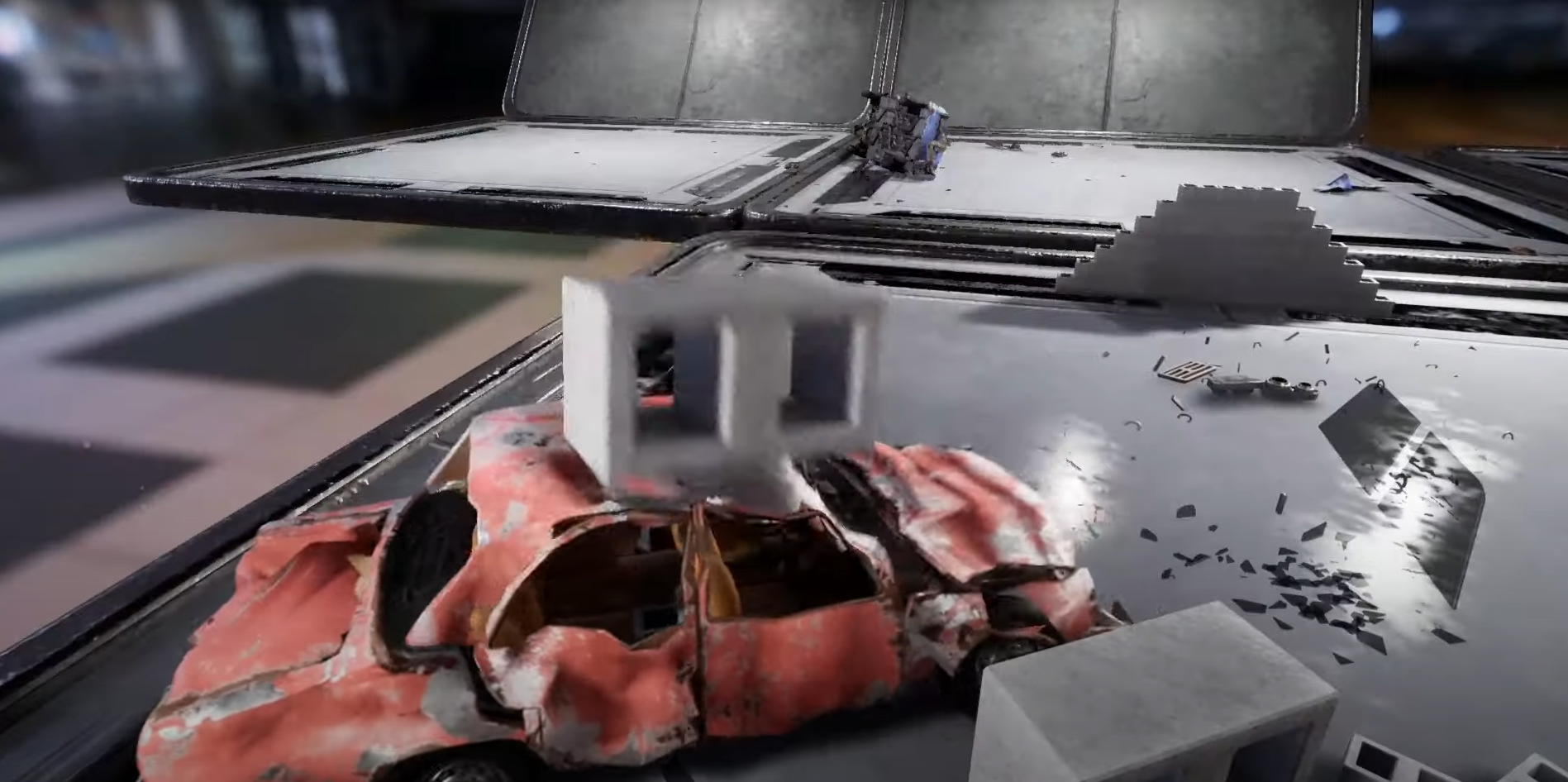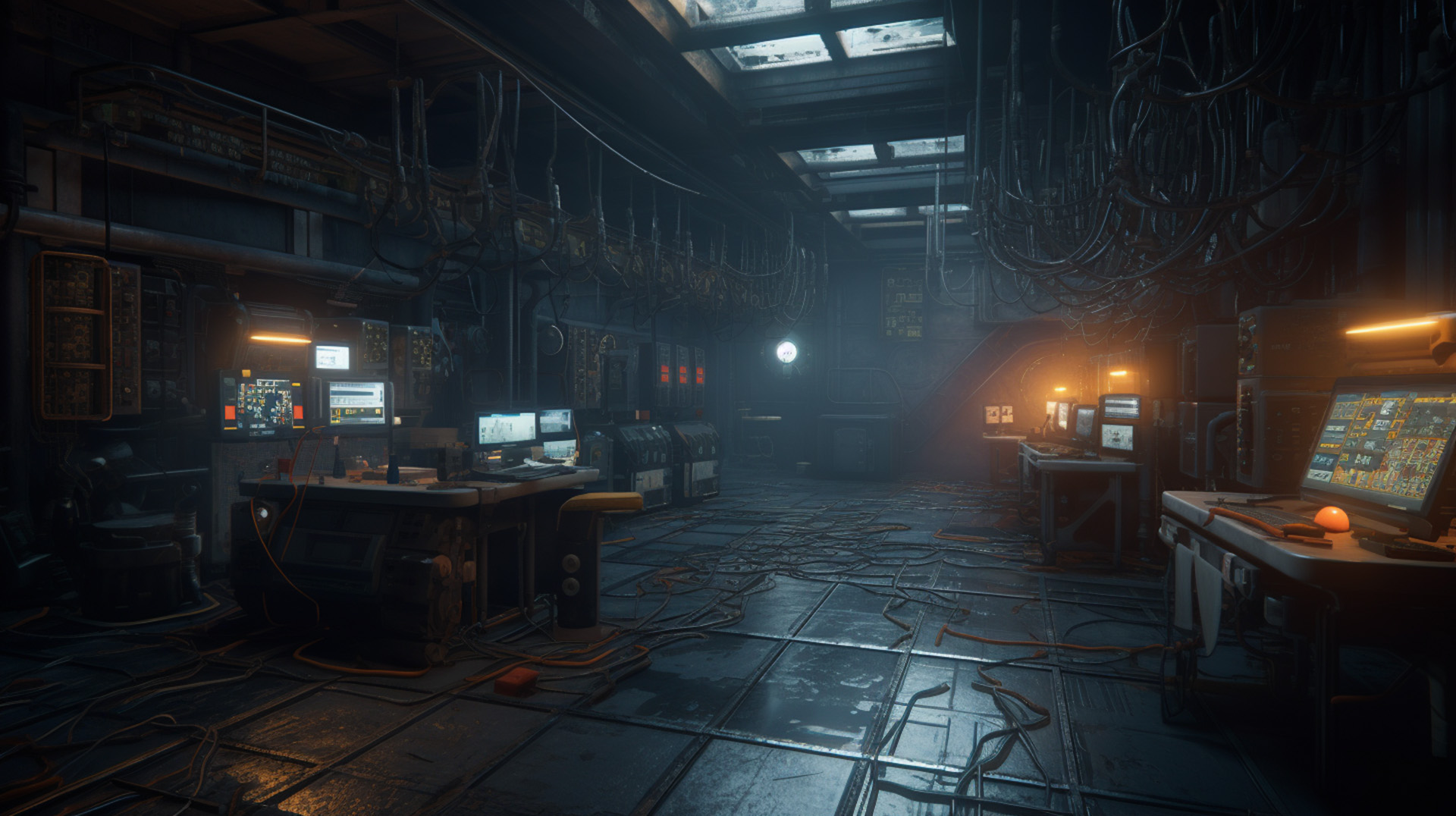The recent introduction of paid mods to Starfield has ignited significant controversy and backlash within the gaming community. Bethesda Game Studios, known for its rich modding culture in games like Skyrim and Fallout 4, has faced intense scrutiny following their decision to integrate paid mods into Starfield.
The Backlash
On June 9, 2024, Bethesda launched a major update for Starfield, introducing the Creation Kit editor and a new Creations menu featuring both free and paid mods. This update, however, sparked widespread dissatisfaction among players. The primary points of contention are the high prices of the mods and the perception that Bethesda is monetizing user-generated content to an excessive degree. For example, a new quest, “The Vulture,” costs 700 Creation Credits, equivalent to $7, but players must purchase credits in larger bundles, effectively making the cost $10 (GameSpew) (Game World Observer).
Many players argue that this approach undermines the spirit of modding, which has traditionally been a community-driven effort. The community’s response was swift and severe, with Starfield‘s recent reviews on Steam plummeting to “Mostly Negative.” Out of 2,360 recent reviews, only 28% are positive (PCGamesN).
Review Bombing and Community Sentiment
The discontent has led to a phenomenon known as “review bombing,” where players flood a game’s review section with negative feedback to protest certain decisions or changes. The sentiment among players is that Bethesda is prioritizing profit over the quality and completeness of the game. Many reviews highlight frustrations over having to pay for additional content that some feel should have been included in the base game (PCGamesN).
Additionally, there are complaints about the uneven distribution of profits from these paid mods. Reports indicate that Bethesda retains 75% of the revenue from these transactions, leaving only a small fraction for the mod creators themselves. This has further fueled accusations of corporate greed (GameSpew).
Bethesda’s Response
In response to the backlash, Bethesda’s director Todd Howard acknowledged the community’s concerns and mentioned that the company would review its pricing model for Creation content. Despite this, he emphasized that paid mods are here to stay, aiming to provide a sustainable way for modders to earn from their creations (Game World Observer).
Moving Forward
The Starfield paid mods controversy is a significant moment in the ongoing discussion about the monetization of user-generated content in video games. While paid mods offer a way to reward creators financially, the implementation and pricing strategies have sparked debates about fairness and corporate ethics. Bethesda’s challenge will be to find a balance that satisfies both the creators and the wider gaming community.
For now, the Starfield community remains divided, with many hoping that Bethesda will make meaningful adjustments to address the widespread discontent.
For more detailed insights and updates on this developing story, you can visit GameSpew and Game World Observer.







